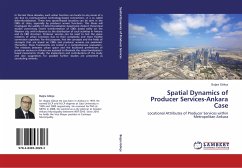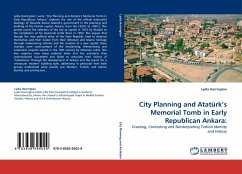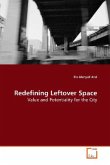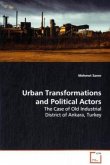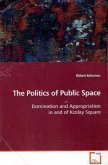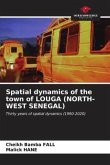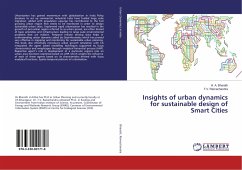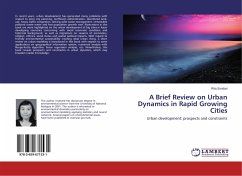In the last three decades, each urban function can locate to any zones of a city due to communication technology-based connections, in a so called deterritorialization. These new sprawl-based locations can be seen in the CBDs of cities, especially by producer service functions. This thesis will investigate the validity of deterritorialization-based post-modern theoretical studies concerning recent transformation of CBDs based solely on the Western city, with reference to the distribution of such activities in Ankara and its CBD structure. Producer services can be used to test the space relations of urban functions due to their complexity and more flexible connection capacities. For this purpose, first the concepts and the fields of concepts that are based on CBDs and producer services are examined. Thereafter, these frameworks are tested in a comprehensive evaluation. The relations between urban space and the locational preferences of producer services in Ankara are assessed to illustrate the reterritorialization-based movements. Finally, the implications and contributions of the study and also suggestions for possible further studies are presented as concluding remarks.

